Repayment of a reverse mortgage is typically deferred until the borrower passes away or permanently vacates the property (e.g., moves into an elderly care facility).
Not Due Every Month

Reverse mortgages are frequently taken out by seniors to help with medical costs, house maintenance, and income supplementation in retirement. However, before taking out this loan, customers should carefully weigh their options and associated costs.
Reverse mortgage proceeds have a significant disadvantage in that they lower your home's equity, leaving you with less to leave to your heirs. Another is that it could have an impact on your eligibility for government benefits like SSI and Medicare.
In addition to providing tax-free money, reverse mortgages can discourage homeowners from using high-interest credit cards to pay for living expenses. To cover homeowners association (HOA) dues, insurance, and property taxes, borrowers still require a steady source of income. Before obtaining a reverse mortgage, discuss your financial circumstances and options with a lender or HECM counsellor.
Not a tax

Reverse mortgages can help make up for the income losses that many seniors suffer when they retire. In addition, it can help homeowners afford necessary renovations or in-home care, enabling them to remain in their house longer.
Reverse mortgages typically result in a lower tax burden for the borrower. However, interest does accrue and is applied to the loan's principal amount. The entire debt usually doesn't surpass the value of the property. For a comprehensive understanding of how a reverse mortgage might affect their other assets, borrowers should speak with a financial or tax expert.
Reverse mortgages are intricate, with details varying depending on the lender and programme. For example, the FHA regulates and insures HECM reverse mortgages on a federal level. In order to understand their loan requirements, repayment choices, and potential effects on their taxes and government benefits, borrowers must attend a counselling session.
Not reimbursed

Reverse mortgage borrowers are still in charge of maintaining their properties, paying homeowners insurance and paying property taxes, regardless of the amount borrowed. They risk going through foreclosure if they don't comply.
Lenders can provide funds to borrowers as a flat sum, as a series of monthly payments, or as a line of credit. As interest is added to the amount borrowers owe, the loan balance increases over time.
When the last borrower or eligible nonborrowing spouse passes away, sells the house, vacates the property permanently, the loan term expires, there are nonpayments of taxes and insurance, or other conditions are not met, the debt becomes due and payable. Any leftover loan balance will be given to Heirs.
Not a Credit Check

Reverse mortgages can provide a tax-free option for seniors who want a consistent income to pay bills and medical costs. Homeowners who have a reverse mortgage must still maintain their property and pay property taxes and insurance charges. The loan will mature or the lender may compel the homeowner to sell the property if the borrower defaults on these commitments.
According to HUD, while evaluating a reverse mortgage, lenders will take into account a borrower's income, assets, expenses, and credit. There is no minimum credit score needed, though.
A lot of people modify their houses to enable them to age in place or utilise the proceeds of a reverse mortgage to help pay for long-term care insurance. As a result, people and their families are not as financially burdened.
Absence of a down payment
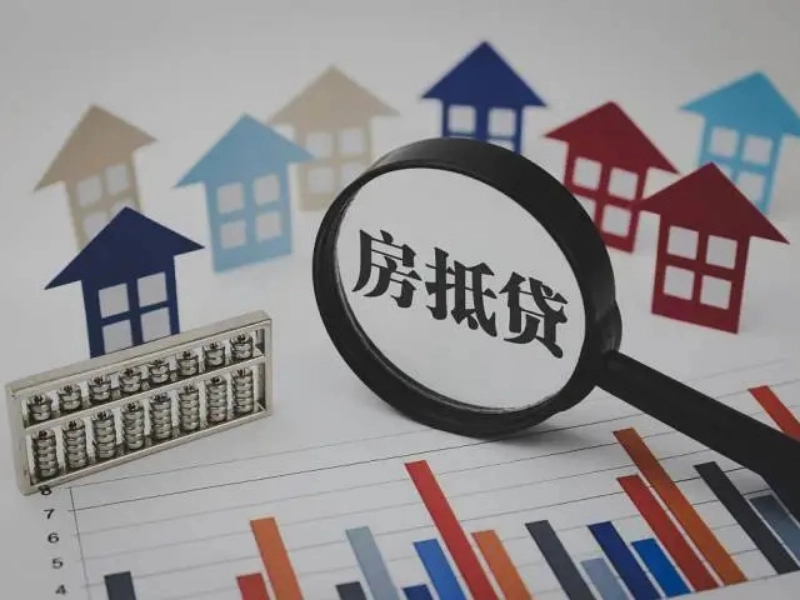
Seniors who are unable to pay their bills, maintain their houses, or make modifications to them may find that a reverse mortgage gives them more money. But before you apply, you need to know how it operates.
Only those who have sizable equity in their homes and spend the most of their time there are eligible for a reverse mortgage. In addition, they need to speak with a counsellor from a HUD-approved organisation about the financial effects and alternatives to a reverse mortgage.
When borrowers pass away, relocate permanently, neglect to maintain their houses, pay property taxes, or sell their residences, they will be required to return the loan. They ought to think about other lending choices, such as a line of credit or home equity loan. They might discover that those loans come with greater flexibility and are less expensive.
Recommended Reading: Large-Scale Mortgages: Funding Properties with High Values
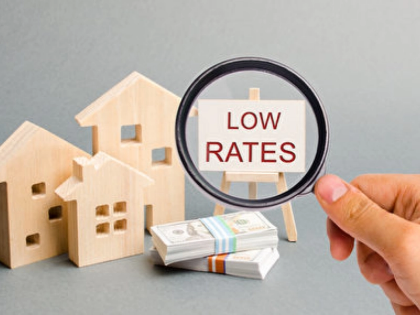
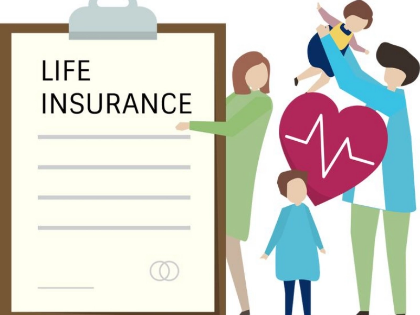
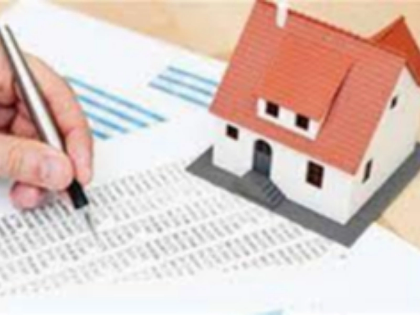
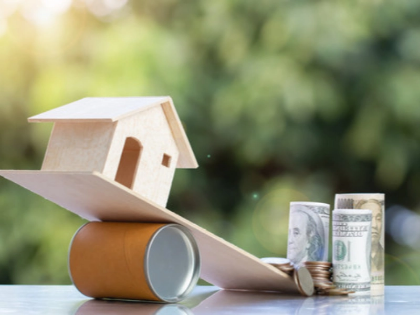
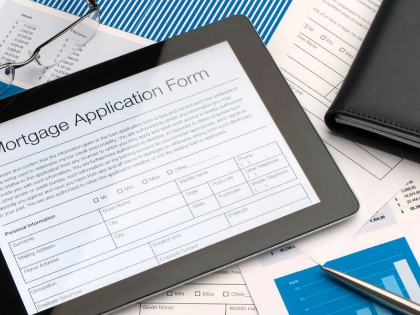

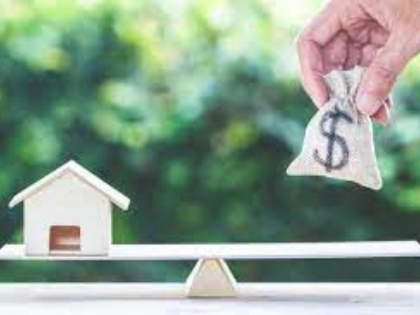
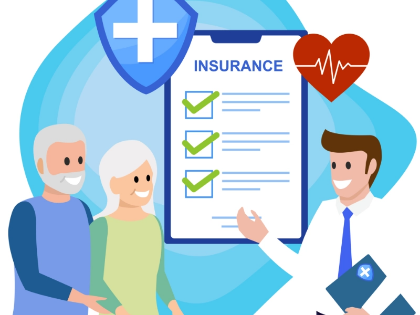
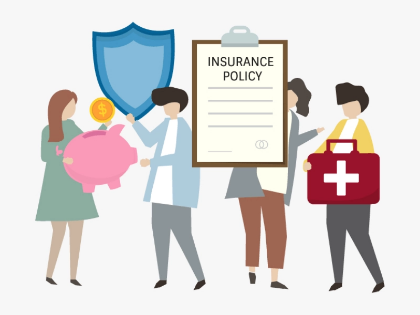
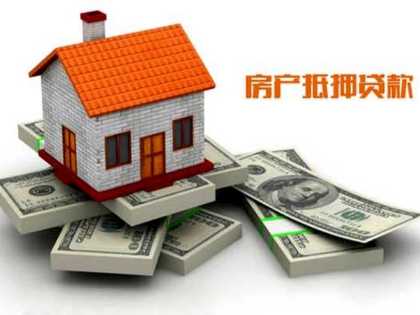
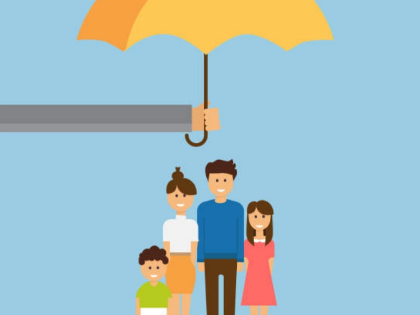
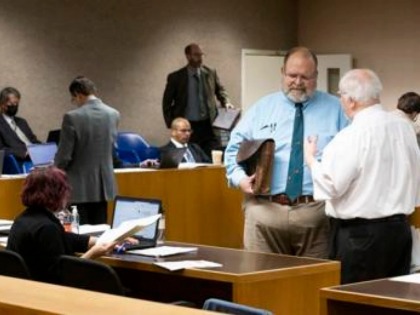
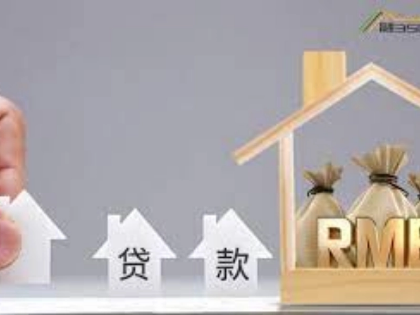
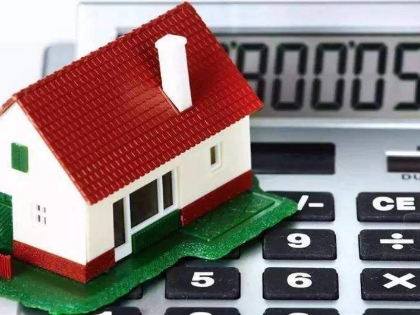

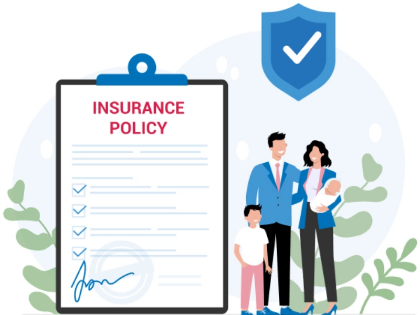

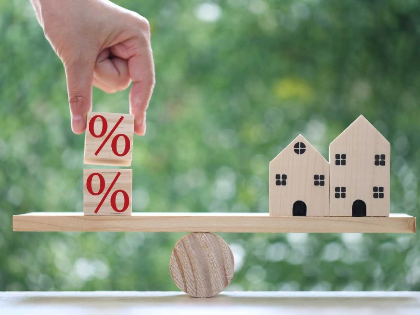




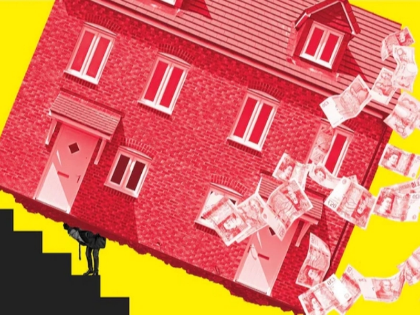
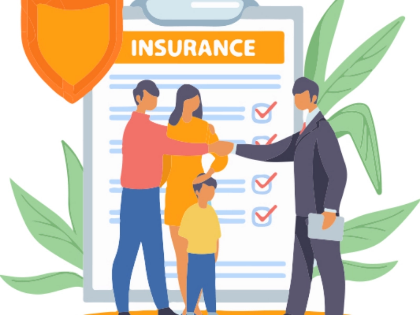
This scales. Who has tried already?
Distills scattered thoughts.